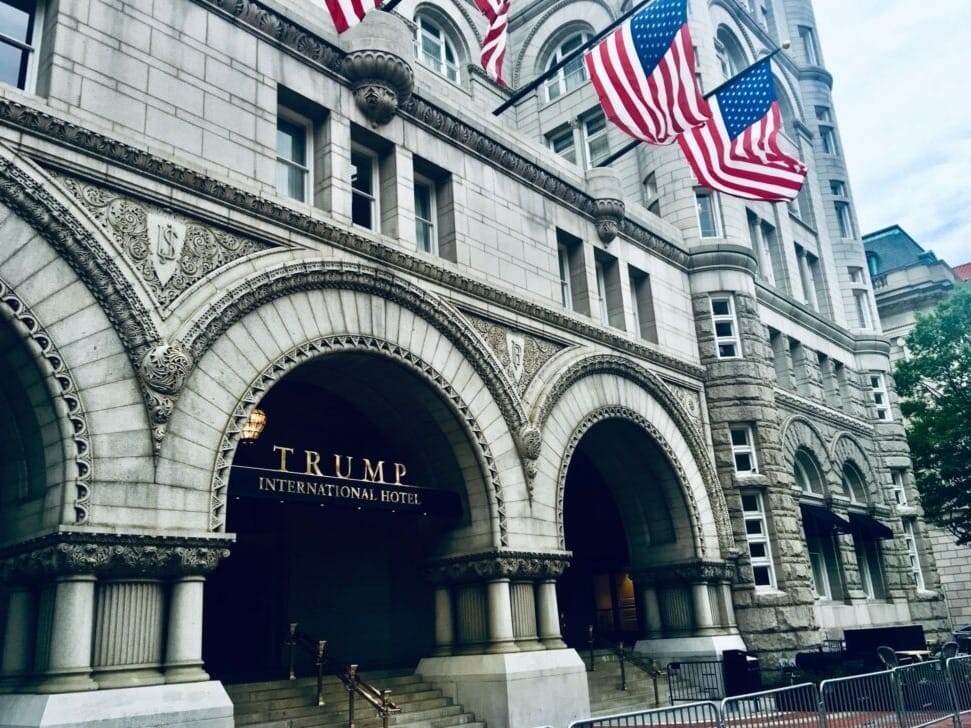WASHINGTON (AN) — A long-awaited investigative report spotlights the Trump Organization as a conduit to Russia and shows U.S. President Donald Trump's conduct on at least four occasions seemed to have met prosecutors' high standards for bringing obstruction of justice charges.
Without directly saying so, U.S. Special Counsel Robert Mueller's report essentially called for the matter to be referred to the U.S. House of Representatives, the only forum for weighing evidence of possible "high crimes and misdemeanors" by a sitting president. Mueller found Trump failed to influence the investigation — but only because aides stood in his way.









